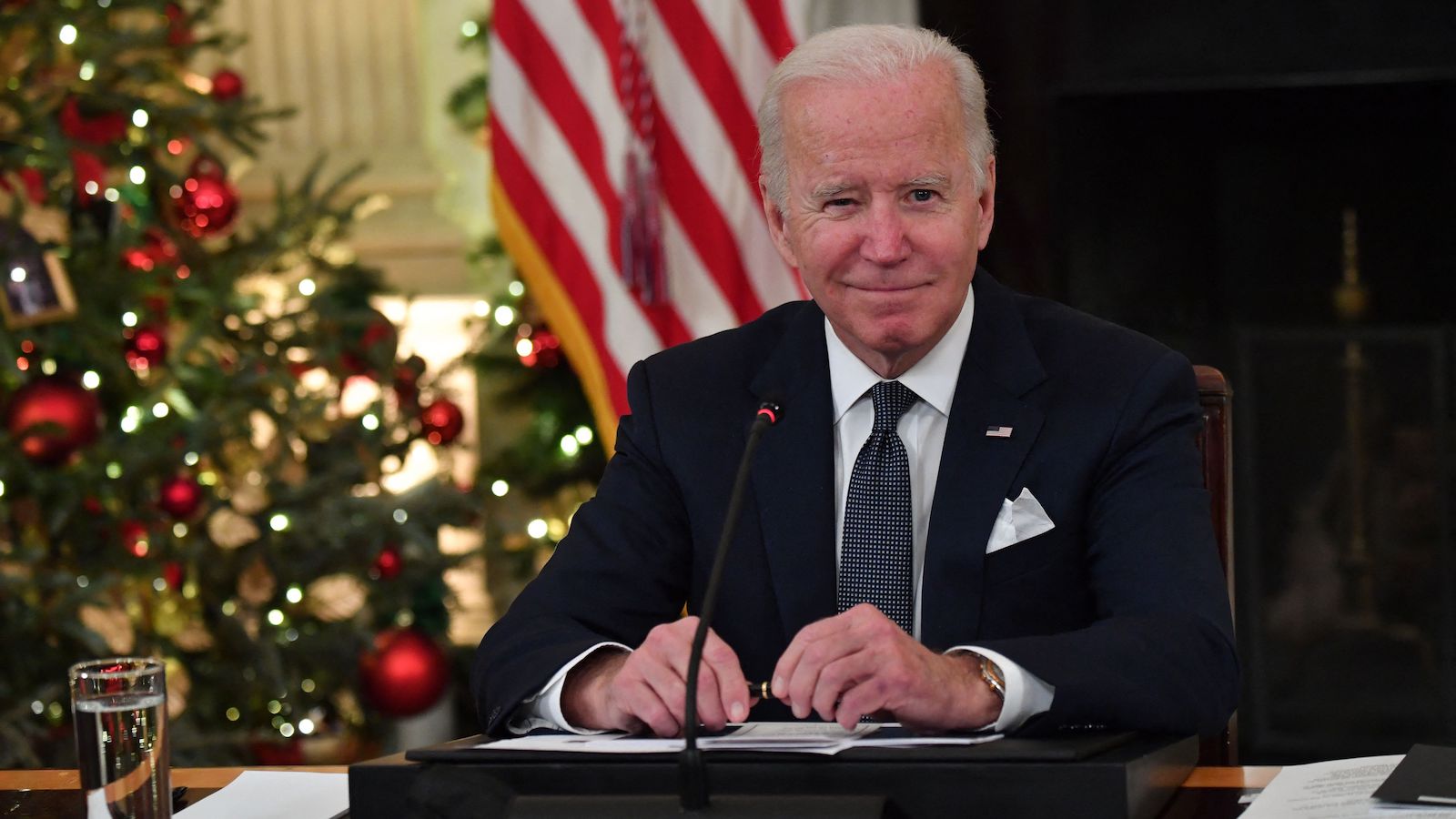The Biden administration has ordered an immediate halt to federal aid for new overseas fossil fuel projects. It’s a stark turnaround given that the U.S. has historically funneled billions of dollars into coal mines and coal plants, natural gas fields, pipelines, and other fossil fuel infrastructure in developing countries — and continues to prop up parts of the fossil fuel industry domestically
One of Joe Biden’s priorities upon entering the White House was to change that and shift the focus to sustainable development and green recovery from the COVID-19 pandemic. In November, the U.S. joined nearly 40 countries at the United Nations climate summit that pledged to end financing by the end of 2022 for projects outside their borders that emit greenhouse gases. Now the Biden administration is starting to make good on that promise a year in advance.
According to Bloomberg News, the White House sent a memo to U.S. embassies halting federal spending on new coal plants and other new carbon-intensive projects abroad in early December. The directive was broad, not only prohibiting U.S. financial support for new carbon-intensive projects but also banning diplomatic and technical assistance.
“Our international energy engagement will center on promoting clean energy, advancing innovative technologies, boosting U.S. clean-tech competitiveness and providing financing and technical assistance to support net-zero transitions around the world,” the message said.
The news comes as Congress is poised to offer a lifeline for coal-fired power plants at home by increasing the tax credit that plants can claim for installing carbon capture systems. The increase is part of the Build Back Better Act, a $2 trillion social spending and climate bill that passed in the House in November and includes billions of dollars to cut emissions. As the Senate continues negotiations on the bill, lawmakers are also considering doling out $775 million in subsidies for oil and gas producers to monitor and reduce their methane emissions.
Bloomberg, which obtained a copy of the memo, reports that the new ban does not apply to projects the U.S. is already financing or otherwise providing support for. It also exempts new oil and gas projects if they are expected to advance national security or expand energy access. More than 700 million people still lacked access to electricity in 2019, according to the International Energy Agency.
Kate De Angelis, international finance program manager for the advocacy group Friends of the Earth, told Bloomberg these exemptions “could render these restrictions on fossil fuel financing completely meaningless.” Friends of the Earth found that the U.S. International Development Finance Corporation, a government agency that finances projects in low- and middle-income countries, spent almost $4 billion on fossil fuel projects over the past five years. The U.S. Export Import Bank, which facilitates the U.S. export of goods and services, has approved over $5 billion for fossil fuel projects abroad in the last two years.
Jake Schmidt, senior strategic director for international climate at the Natural Resources Defense Council, was more optimistic about the policy’s reach. “This sends a very clear signal about getting out of the vast majority of oil and gas projects,” he told E&E News.



